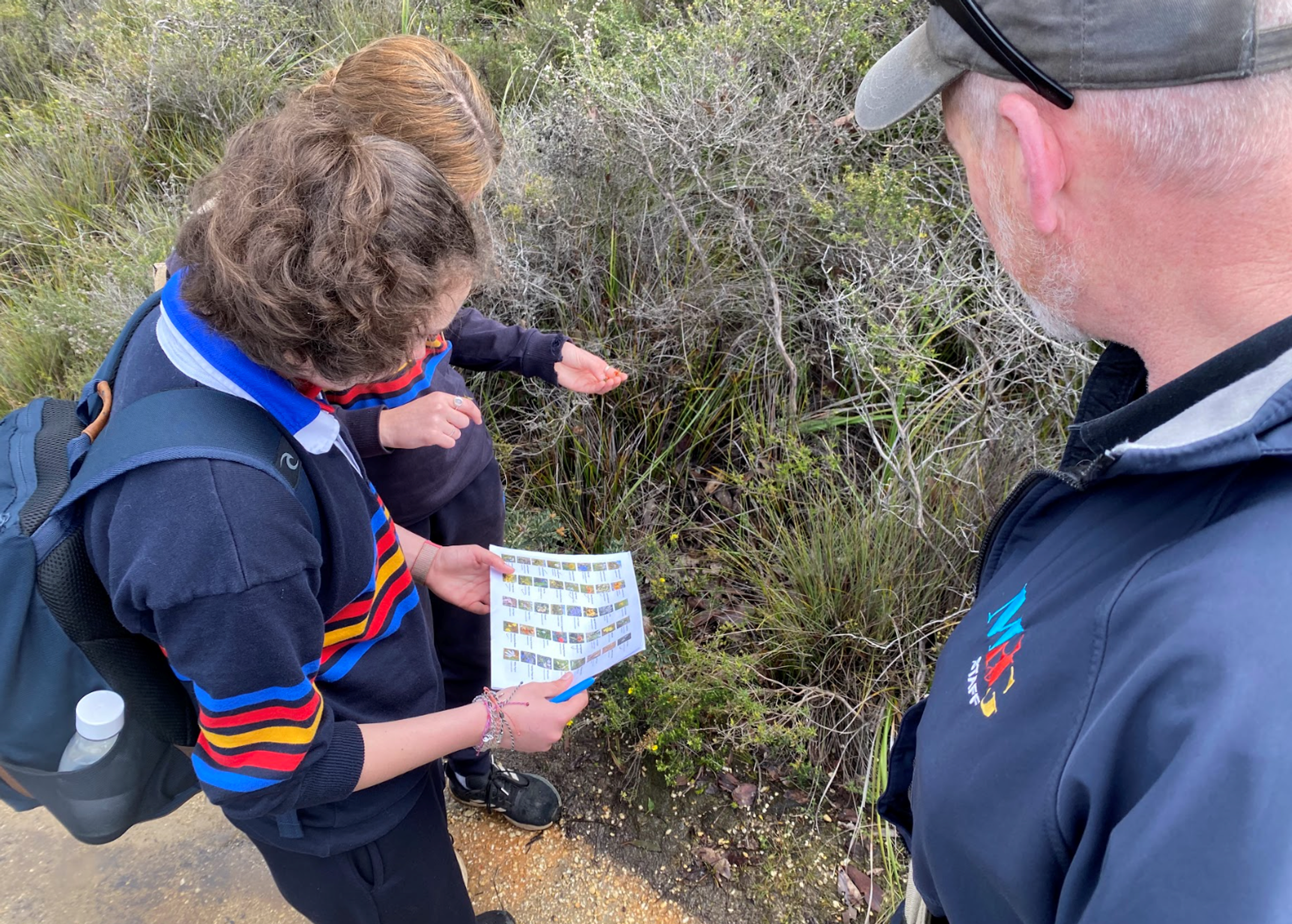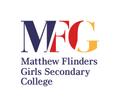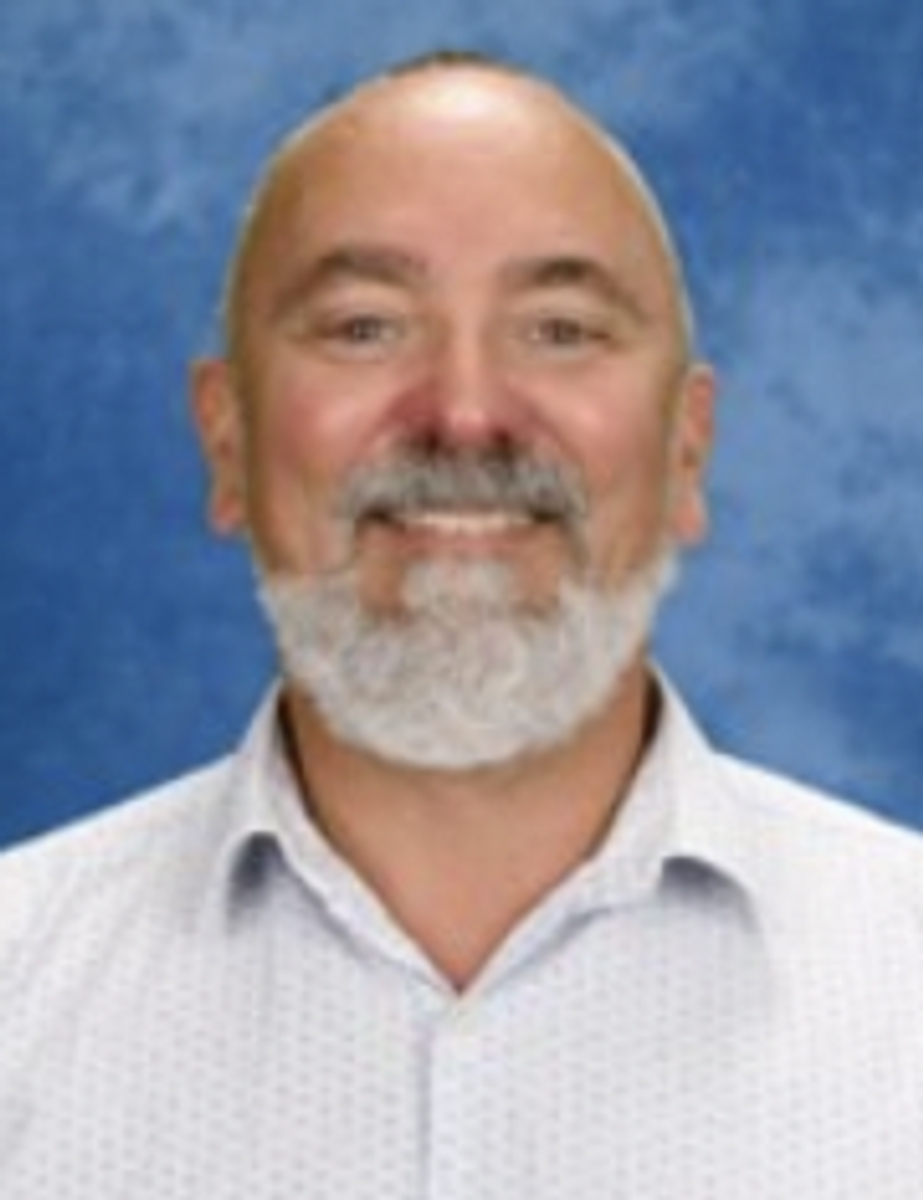Learning and Teaching at MFG

STAFFING TERM 4 2022 AND 2023
- Cassidy Pritchard is teaching Maths/Science for Term 4 while Jill McClure is on Long Service Leave.
The following appointments have been made for 2023:
- Leading Teacher – Leader of Engagement – Ms Kylie McMillan
- House Leader (Freeman) – Ms Sophie Mildren
- Ms Leah Higginson – successful applicant for the English-Humanities position
- Ms Linda Harris - successful applicant for the English-Humanities position
- Ms Kelsey Dunlop - successful applicant for the English-Humanities position (Ex-student, currently teaching at Alamanda College)
- Mr Peter Schneider successful applicant for English-English Language position
- Ms Cordelia Reeves – successful applicant for Senior Maths Learning Specialist 2023 (currently at Maribyrnong SC)
- Ms Kathleen McQuillan – successful applicant for Maths/Science 2023 (currently at Hoppers Crossing Secondary College)
- Ms Tracie Moore was the successful applicant for the Leader of Pathways (currently at Manor Lakes P-12 College).
EARLY COMMENCEMENT PROGRAM (ECP)
On Thursday 24th November we have our Early Commencement Program Changeover Day. There will be no formal classes and no students will be required at school on this day. On this day we move from the 2022 timetable to the 2023 timetable and our teachers plan for the start of our Early Commencement Program (ECP).
On Monday 28th November we start the Early Commencement Program. All students in Years 7-11 will commence their 2023 learning program and timetable.
The students will be in their 2023 classes with their 2023 teachers (as best as we can ensure, except for newly appointed teachers or returning staff who don’t start until January 2023). For the students moving into Years 11 and 12, their ECP ends on Friday 2nd December. The ECP ends for the students moving into Years 8, 9 and 10 on Friday 9th December. This is followed by one Activities Days for all students currently in Years 7, 8 and 9 on Monday 12th December.
The reasons for having an ECP include:
- to improve learning outcomes for VCE students and go beyond an ‘introduction’ to VCE
- provide engaging, purposeful and meaningful learning programs and transition for Middle Years students until the end of the school year
- to provide a learning program that addresses the ‘wind-down’ usually associated with the end of the school year
- to help our students adjust to changes to their programs and classes and Summer holidays with a positive mindset about the 2023 school year.
The ECP gives every student an opportunity to make a smooth transition into the next level of learning and helps our students adjust to any changes for 2023 including new classes and new subjects. Our ECP includes the completion of at least one main assessment task which gives each student an opportunity to demonstrate their understanding, knowledge and skills developed during the ECP – the focus for each class is below. The feedback we collected from the students in 2015 to 2021 about their ECP experiences has been very positive and students generally feel it was a worthwhile and beneficial program.
Attitudes to School Survey (ATOSS) 2022
We are currently in the process of analysing and discussing the 2022 ATOSS data. Our teaching staff are participating in a data analysis workshop on 11th October and we’ll provide some further information and next steps later in the year.
On a positive note, some of the data to highlight includes:
Effective Teaching Time
- 82% positive responses from Years 7-12 to “My teachers give me feedback about my work”
- 70% positive responses overall across Years 7-12 to “My teachers are well-prepared"
- 71% positive responses overall across Years 7-12 to “My teacher gives extra help when students need it”
Effective Classroom Behaviour
- 92% positive responses from Years 7-12 to “My teacher expects students to pay attention / My teacher expects me to listen”
- 74% positive responses from Years 7-12 to “My teacher sets clear rules for classroom behaviour”
High Expectations for success
- 89% positive responses from Years 7-12 to “My teacher expects me to do my best”
- 77% positive responses from Years 7-12 to “My teachers encourage all students to do their best”
- 72% positive responses from Years 7-12 to “My teacher expects nothing less than our full effort
MFG TRAIT FOCUS – TERM 4
This year we’ve had a term by term focus on our MFG traits - the Term 4 focus is on our trait ‘Problem solvers’.
What is this trait and what does it look like in action?
What is problem solving?
We know problem solving includes a complex set of cognitive, behavioural, and attitudinal components. Problem solving as a multiple step process where the problem solver must find relationships between past experiences (schema) and the problem at hand and then act upon a solution.
- Problem solving is cognitive but is inferred from behaviour
- Problem solving results in behaviour that leads to a solution
- Problem solving is a process that involves manipulation of operations on previous knowledge.
To help novices become better problem solvers, they need to develop a stronger base of declarative or domain knowledge, synthesize their knowledge into appropriate mental models, and recognize common solution strategies across many problems and contexts.
As Problem Solvers we:
- Form mental models to help address the problem
- Remain calm and think logically through an established sequence
- Have a system through which to tackle problems
- Use mistakes as opportunities to learn another direction/way
- Are willing to keep going and think through the process
- Clearly record our thinking and make it visible and are able to replicate this
- Are resilient/don’t give up
- Are confident
- Seek out and use resources to assist us
- Use various thinking routines to assist us
- Discuss and share our ideas with classmates
- Show our understanding in different ways
- Link ideas and concepts with prior knowledge
- Don’t (always) rely only on our teachers for assistance
- Devise a plan (hypothesise, estimate, look for patterns, eliminate possibilities, work backwards)
- Reflect on the problem and how we arrived at our solution.
International Day of the Girl – October 11
In 2022, we commemorate the 10th anniversary of the International Day of the Girl (IDG). In these last 10 years, there has been increased attention on issues that matter to girls amongst governments, policymakers and the general public, and more opportunities for girls to have their voices heard on the global stage.
Yet, investments in girls’ rights remain limited and girls continue to confront a myriad of challenges to fulfilling their potential; made worse by concurrent crises of climate change, COVID-19 and humanitarian conflict. Girls around the world continue to face unprecedented challenges to their education, their physical and mental wellness, and the protections needed for a life without violence. COVID-19 has worsened existing burdens on girls around the world and worn away important gains made over the last decade.
With adversity, however, comes resourcefulness, creativity, tenacity, and resilience. The world's 600 million adolescent girls have shown time and time again that given the skills and the opportunities, they can be the changemakers driving progress in their communities, building back stronger for all, including women, boys and men.
Girls are ready for a decade of acceleration forward. It is time for us all to stand accountable – with and for girls – and to invest in a future that believes in their agency, leadership and potential.
CURRICULUM & SUBJECT UPDATES FOR 2023
- Year 9 Languages (must do one of the following, Indonesian, French Language or French Culture)
- Year 10 addition of a new ‘Permaculture’ elective
- the introduction of a new VCE Unit 1 English study – English Language
- the reintroduction of VCE Units 3 & 4 Revolutions which will replace VCE Units 3-4 Australian History
- VCAL is replaced at Year 11 with a new VCE pathway called VCE Vocational Major (VCE VM)
- Senior VCAL (Year 12) to stay the same for 2023.
Damien Toussaint
Assistant Principal, Learning and Teaching





